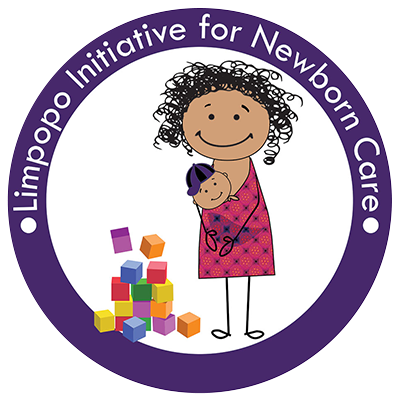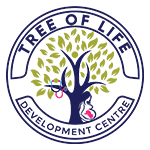Limpopo Initiative
for Newborn Care (LINC)
LINC collaborates with healthcare institutions and organizations to enhance newborn care services by providing clinical leadership, guidelines, tools, training, and mentoring to healthcare workers

HISTORY
LINC started in 2002 through a partnership between the Limpopo Department of Health and the University of Limpopo to motivate and support hospitals in Limpopo to improve newborn care services. LINC has succeeded in establishing neonatal care services in all facilities in Limpopo through supporting leadership and guidelines, tools, training and mentoring to health care workers.
The LINC approach has been recognised as a best practice. In 2013, the National Department of Health adopted the guidelines, training and essential newborn care package for use in District Hospitals in South Africa.
Since its inception, LINC has developed partnerships and networks with several organisations, including the Limpopo Department of Health, the University of Limpopo, the University of Limpopo Trust and Centre for Rural Health, the University of KZN, the South African National Department of Health, the University of Pretoria’s UP/SAMRC Research Centre for Maternal, Fetal, Newborn and Child Health Care Strategies and no Tree Of Life Development Centre NPC.
LINC Essential Newborn Care Package
Newborn Care Charts
The Newborn Care Charts, also known as the Purple Booklet or the Routine Care at Birth and Management of Sick and Small Newborns in Hospital (MSSN guidelines), provide a stepwise guide to the routine assessment and care of health and sick and small newborns from birth to discharge from the facility. The Limpopo Department of Health (LDoH) led the development of the 1st edition of the Management of Sick and Small Newborns (MSSN) Guidelines as part of the Limpopo Initiative for Newborn Care (LINC) package.
The National Department of Health adopted the charts for use in district hospitals, health centres and MOUs in 2014, and these were disseminated to 8 provinces (all except for Western Cape) as part of the national newborn care implementation. The MSSN Guidelines are a critical resource for healthcare providers in district and regional hospitals’ neonatal units.
The LDoH, through the leadership of Dr Anne Robertson and the Pietersburg-Mankweng Tertiary Hospital Complex Newborn Champions (paediatricians) and technical support of the University of Limpopo Trust (ULT), updated the MSSN Guidelines in 2021 to align with the latest developments in the care of newborns and ensure that the guidelines remain responsive to the population needs and health system of the province.
ENC Quality Improvement Toolkit
This is a manual containing norms, standards and tools for setting up and providing quality newborn care. It was developed by a group of local and visiting experts who combined their experience to develop norms and standards for newborn care and a suggested approach to the improvement process at the district level. The tools will assist managers and clinicians in improving the quality of newborn care.
LINC Training
- MSSN trainee modules
The Management of Sick and Small Newborn charts and trainee manual provide an approach to the assessment, classification and management of sick and small in district hospital. The training manuals are intended for in-service training of health care workers who already have basic training in midwifery or medicine. The material can be adapted for pre-service training, and self-study. The course is usually run over 1 week and includes clinical sessions. - MSSN Course Director and Facilitator Material
MSSN Course director and facilitator material includes the facilitator and course director guides used to train facilitators as well as the MSSN faciltator Manual and MSSN facilitator manual for clinical practice that provide lesson plans and a step by step guide to planning and conducting training. - Neonatal Transition and Neonatal Resuscitation
This training course is for doctors, midwives and clinical associates working in district and regional hospitals in South Africa. The course covers the immediate care of the newborn during the transition in the delivery room as well as all neonatal resuscitation before the transfer of both mother and baby to the postnatal or neonatal ward. It was updated in 2021 to align with the HBB’s second-edition content.
The course complements the Helping Babies Breathe (HBB) course, developed by the American Academy of Pediatrics and its partners. The course follows the same steps as HBB but includes additional background information, pathophysiology, advanced resuscitation and the immediate post-resuscitation care of all newborns.
The course consists of 4 modules, each incorporating reading, chart reviews, videos, self-assessment questions and tasks. It was initially hosted on the Blackboard Learn platform of the University of Limpopo but has now been moved to Moodle for easier access.
